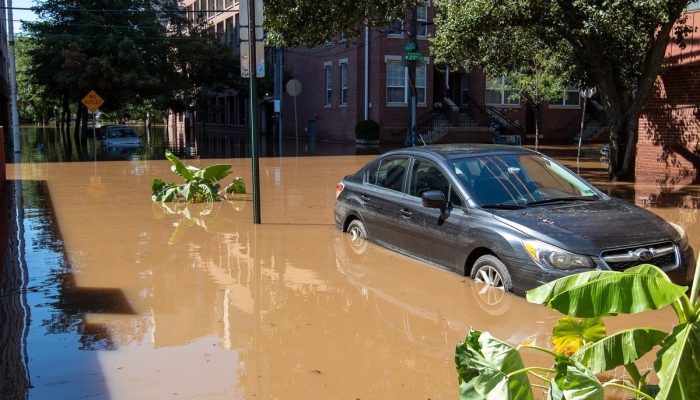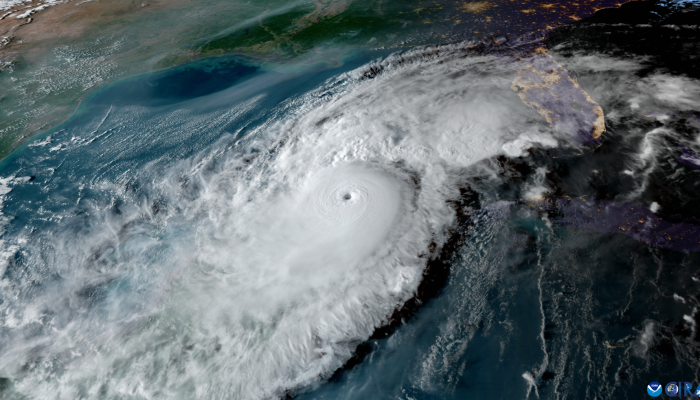by Noah Palau, Hazard Planning Coordinator, Philadelphia Office of Emergency Management
Happy spring and soon-to-be summer, Philadelphia!
Working at the Office of Emergency Management, I focus on updating the city’s Hazard Mitigation Plan along with assisting agencies to get grant funding that helps reduce long-term risk to hazards of all shapes and sizes.
Flooding is Philadelphia’s hazard of greatest concern, and it can impact large portions of the City. While OEM and our partners are working city-wide to help make flooding less impactful, there are things you can do to protect your family, pets, and home from flooding and make it easier to recover.
You play a critical role in our emergency planning as preparation starts at home. Taking simple steps to be ready is a great start!
Obtain Flood Insurance
Even homes that are not near a river, lake, or creek can be at risk for flooding. Having flood insurance can give your family the peace of mind they need before, during, and after a flood as many forms of property insurance do not cover flood damage. Visit www.floodsmart.gov to find out more! All homeowners are eligible to purchase flood insurance regardless of where you live. Be aware, flood insurance is not typically covered in your homeowner’s policy, and it can take 30 days for insurance to take effect.
Find Your Flood Risk
Resources such as the Federal Emergency Management Agency (FEMA) Flood Insurance Risk Maps (FIRM) can show you where the areas of greatest risk are. These flood maps are regulatory and show the areas near bodies of water that have a 1% chance of flooding every year (also known as a 100-year flood). However, they may not show the risk from other sources of flooding.
Reduce Risks Before the Storm
Raise electronic items and relocate valuables, including documents, out of your basement or first-floor. Flooding has the potential to destroy valuable items that you may need after a flood. Help protect them by moving them to a secure place higher up in your house. You can also clear the storm-drain around your property and the gutter on your block. Consider moving your vehicle from a low-lying area, underpass, or garage if in a flood-prone location.
Know How to Document Damage
If you experience property damage from a severe storm, you’ll need to present documents for insurance claims or other assistance.
Start the claims process with your insurer promptly. Have the name of your insurance company, your policy number, a phone number, and email address where you can be reached at all times.
Save receipts for supplies you purchase as well as expenses should you need to relocate temporarily.
List damaged or lost items and include their date of purchase, value, and receipts.
If safe to do so, take pictures and video of all damaged property, including discarded objects, food, and structural damage including the waterline showing the height of the flooding.
Stay Connected to Important Information
Get free text alerts and emails from the OEM through our ReadyPhiladelphia program. You can receive National Weather Service Alerts (NWS), such as Flood Watch and Flood Warnings, and other critical information from the City. Text READYPHILA to 888-777 to sign up for texts or customize free text or email alerts, including river flood levels, by visiting the ReadyPhiladelphia enrollment page!




